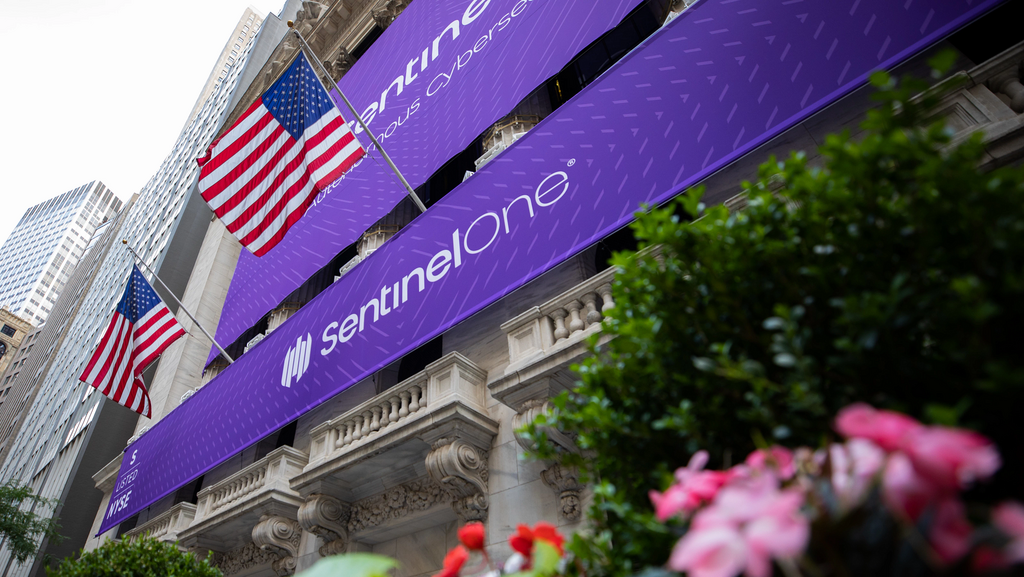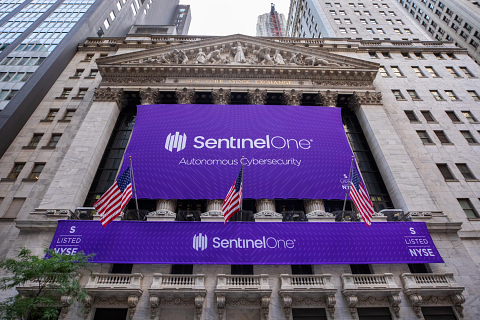
“This is our AI advantage”: SentinelOne CEO hails AI edge amid earnings jump and Prompt acquisition
Earnings beat expectations while $250 million Prompt deal underscores SentinelOne’s push to sharpen its AI capabilities.
SentinelOne is staking its future on artificial intelligence, and the strategy is beginning to show results. The cybersecurity company raised its revenue forecast after reporting quarterly earnings on Thursday, while underscoring its ambition to lead in AI-powered security through the acquisition of Israeli startup Prompt Security.
The company’s second-quarter revenue rose 22 percent year-on-year to $242.2 million, in line with expectations. SentinelOne also lifted its full-year guidance to between $998 million and $1.002 billion. Shares climbed 9 percent in after-hours trading.
Co-founder and CEO Tomer Weingarten attributed the momentum to customers consolidating on SentinelOne’s platform and to the appeal of its AI-first approach. “This is SentinelOne’s AI advantage in action, and we’re delivering it today,” he told analysts, pointing to the company’s Purple AI tool, which he said has already accelerated threat remediation and reduced the risk of major incidents.
Recent product enhancements include Purple AI Athena, which introduces “agentic AI” capabilities designed to replicate the reasoning and orchestration skills of experienced analysts.
Related articles:
The earnings announcement followed news three weeks earlier that SentinelOne will acquire Prompt Security for about $250 million. Prompt develops technology to secure generative AI and agentic systems, areas where SentinelOne sees both new risks and new opportunities. The deal, expected to close by the end of October, “represents a strategic step forward in our vision to build the world’s definitive AI security company,” chief financial officer Barbara Larson said.
Beyond AI tools, SentinelOne executives emphasized the growing role of partners in broadening adoption of its Singularity platform, including offerings such as its AI-driven SIEM and cloud-native application protection.
